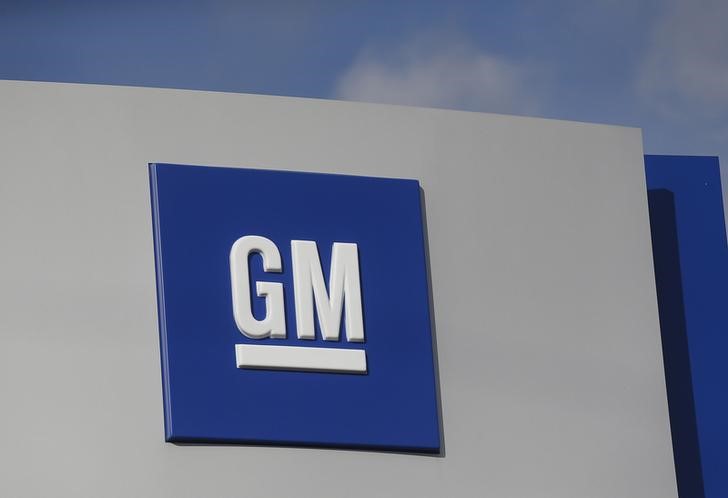By Jessica Dye
NEW YORK (Reuters) - People suing General Motors Co (N:GM) over a faulty ignition switch will get two chances in a Manhattan court this week to argue that the U.S. automaker should be held accountable for injuries, deaths and lost vehicle value.
Jury selection starts on Monday in the second trial involving a car accident allegedly caused by the switch. The defect, which some GM employees knew about for years, prompted the recall of 2.6 million vehicles in 2014 and has been linked to nearly 400 serious injuries and deaths.
A first trial ended abruptly in January following allegations that the plaintiff gave misleading testimony.
On Tuesday, in the same courthouse, plaintiffs suing over lost vehicle value and accidents that occurred before GM's 2009 bankruptcy will ask the 2nd U.S. Circuit Court of Appeals to reverse unfavourable decisions from a bankruptcy court last year. They say the rulings could impact many of their claims under a sale agreement that largely freed "New GM" from burdensome liabilities that predate the bankruptcy.
The proceedings could affect claims worth potentially billions of dollars over the defective switch, which can slip out of place, causing engine stalls and cutting power to air bags, brakes and steering systems.
While GM has already paid $2 billion (1 billion pounds) in settlements and penalties over the defect, it still faces hundreds of injury and death lawsuits. To help gauge those cases’ value, a series of test trials has been set to determine how juries view the evidence. That information is used in settlement talks.
As the first trial never reached a verdict, the one starting on Monday may be the first time a jury weighs in on whether GM is liable for its years-long failure to conduct a recall. A GM spokesman said the company will argue that the crash at issue was not caused by the switch.
At the 2nd Circuit, plaintiffs will argue that GM should face their claims because the company's deception deprived them of a chance to participate in the bankruptcy proceedings.
A lawyer for the plaintiffs, Steve Berman, said that had the U.S. government known about the defect during GM's bankruptcy, "The cars would have been recalled then, or the deal modified."
Plaintiffs’ lawyers have estimated the value of the economic-loss claims to be as high as $10 billion. But they acknowledge they could face steep hurdles to recovering anything if the 2nd Circuit does not overturn the earlier decisions.
